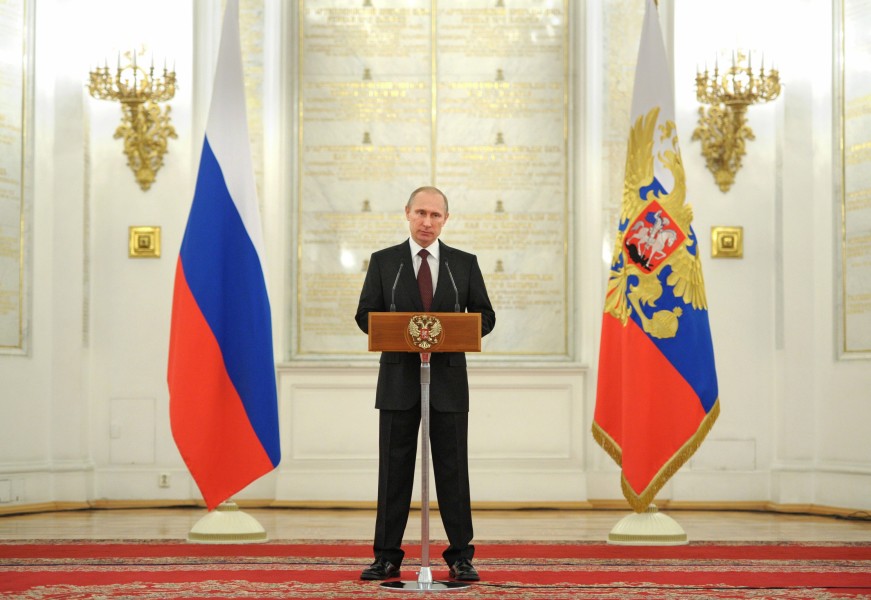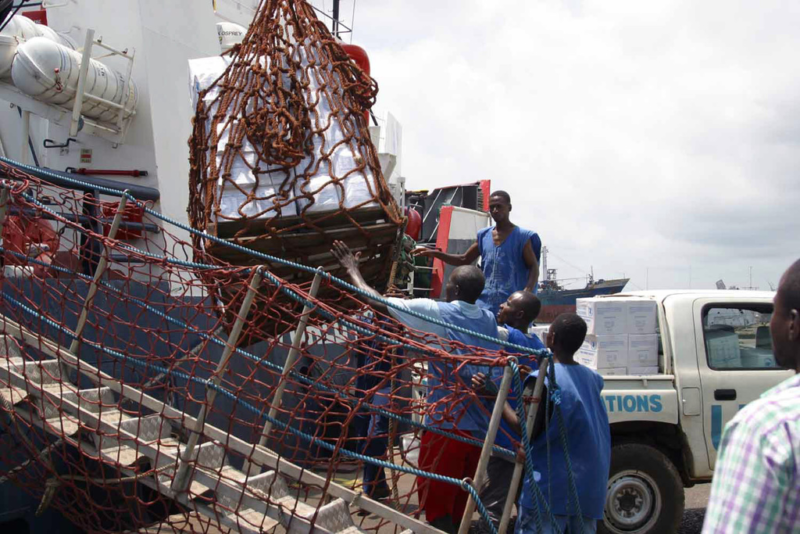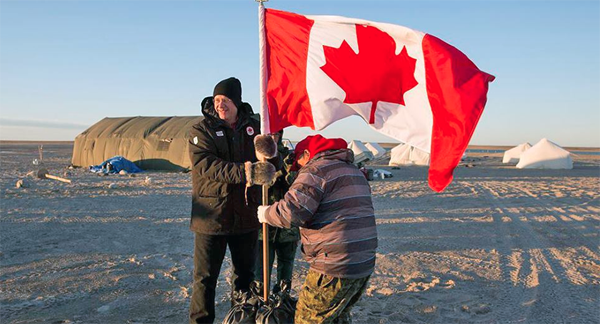Irregular migration has become a growing matter of concern for the international community. In just the first five months of 2015, roughly 46,000 migrants have arrived on Europe’s shores, and over 1,800 have died as they have attempted to cross the Mediterranean. Similarly, in the past month an estimated 8,000 Rohingyas, a Muslim ethnic group that has been fleeing Myanmar for several years, have been stranded in the Andaman Sea as they seek asylum. As the number of irregular migrants continues to increase, the terminology used when discussing this situation has created a problematic dynamic.
“Migrant” is an umbrella term that describes individuals who move to a different country for a variety of reasons. Typically, migrants choose to relocate in search of a better economic opportunity. By contrast, refugees are forced to leave their home country because of persecution and a lack of physical protection.
Traveling by irregular means to other countries for labour is not a new phenomenon. Migration for economic purposes is an essential part of European history, and Southeast Asian communities have traditionally taken advantage of porous borders to move between countries in that region. However, the uptick in unconventional migration, particularly by sea, is a direct result of complex conflicts that persist in the Middle East, North Africa, and Southeast Asia. People escaping danger zones comprise a significant portion of those seeking a better life across the sea. Yet media outlets and state governments rarely employ “refugee” when discussing these migration issues.
The omission of this important word does not occur without reason. Europe and Southeast Asia are currently experiencing a mixed flow of migration, where some individuals are seeking asylum and others are seeking economic prosperity. “Migrant” is therefore used to refer to all who have migrated, regardless of the circumstances that have prompted such a move. The receiving state cannot always distinguish members of one group from the other, and cannot ethically reject or accept all who arrive on their shores.
Nevertheless, the limited use of the word “refugee” implies a failure to fully acknowledge the specific reasons why some of the individuals have chosen to leave their homeland, and thus a failure to properly address the situation. In Europe, political parties and pundits who argue against accepting migrants assert that doing so would undermine national identity and economic stability. While an intake of refugees can take an economic toll on receiving countries, this argument overlooks the plight of asylum seekers and implies that all newcomers are merely looking to snatch opportunities away from longstanding nationals.
The pervasive use of “migrant” also absolves countries of their responsibility to people fleeing violence. According to the 1951 UN Convention on Refugees and its accompanying 1967 Protocol, the international community is legally bound to accept and protect refugees, and is prohibited from sending them back to their country of origin. Migrants seeking employment or better economic prospects, on the other hand, are not afforded these same rights. The dynamic of mixed migration has unfortunately allowed receiving states to skirt around their obligations stipulated in the UN Convention.
This is especially true in the case of the Rohingyas, as several Southeast Asian countries have used the presence of economic migrants as justification for refusing accommodation to Myanmar’s “boat people.” Indonesia, for example, has claimed that only a small minority of the people stranded on boats around the Bay of Bengal are true refugees, while the rest are illegal labourers.
Resolving the world’s festering migration crisis first requires addressing the key reasons why people are leaving their native countries. The reality is, however, that conflict and economic instability cannot be solved any time soon. In the meantime, the situation can benefit from an approach that takes all motivations for migration into account. By failing to distinguish between the groups searching for a new home, the international community is undermining efforts to provide assistance to the refugees who truly need it.




